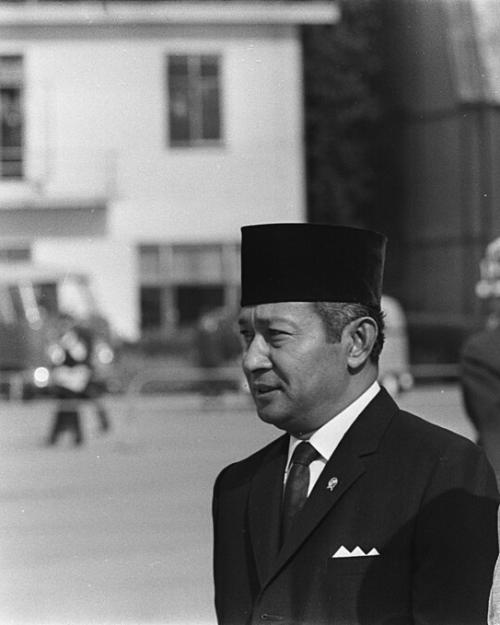Indonesia has posthumously awarded former dictator g the title of “national hero,” a move critics condemn as a whitewashing of his 32-year authoritarian regime.
Tom Pepinsky, a professor of government at Cornell University who studies political and economic systems in Southeast Asia, says that President Prabowo’s decision to confer the title underscores how Suharto’s legacy continues to shape Indonesian politics today.
Pepinsky says: “The decision to name former President Suharto as an Indonesian National Hero is a reminder of the deep legacies of authoritarianism in contemporary Indonesian politics and society.
“Suharto was a general who rose to power amidst the tumult of 1965-66, when over a million Indonesians were murdered and the country's communist party was eliminated. He held the country’s presidency for 32 years, inaugurating what he termed Indonesia’s ‘New Order’ regime, only to resign during the devastating financial crisis of 1998.
“Many Indonesians remember Suharto’s rule as a time of prosperity and political order, but others remember the rampant corruption, violence, and strongman authoritarian rule that characterized the New Order.
“Indonesia’s current President Prabowo Subianto, himself a former general guilty of his own human rights violations who was formerly married to one of Suharto’s daughters and who was also forced to resign after 1998, has close personal and professional ties to key players in the New Order regime. Prabowo’s conferral of the title of National Hero on Suharto confirms that the legacy of Suharto’s rule remains evident in Indonesian politics today.”





